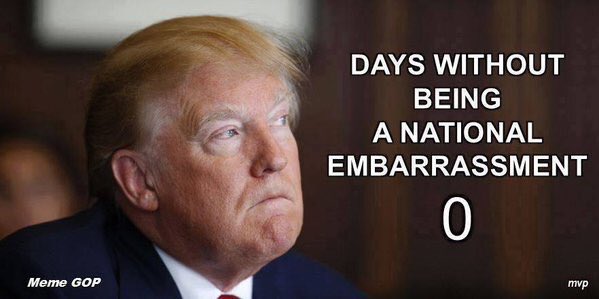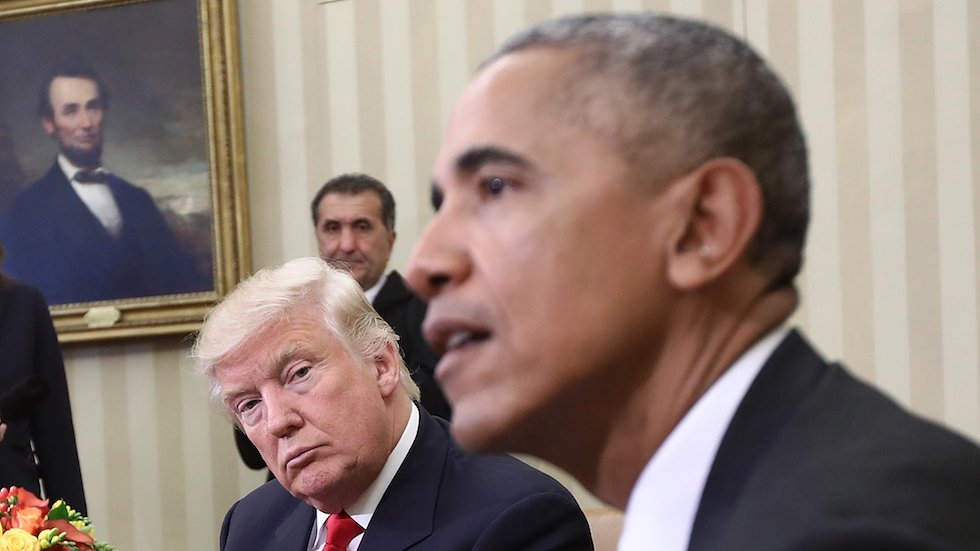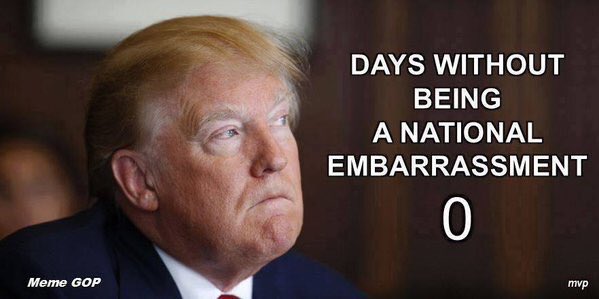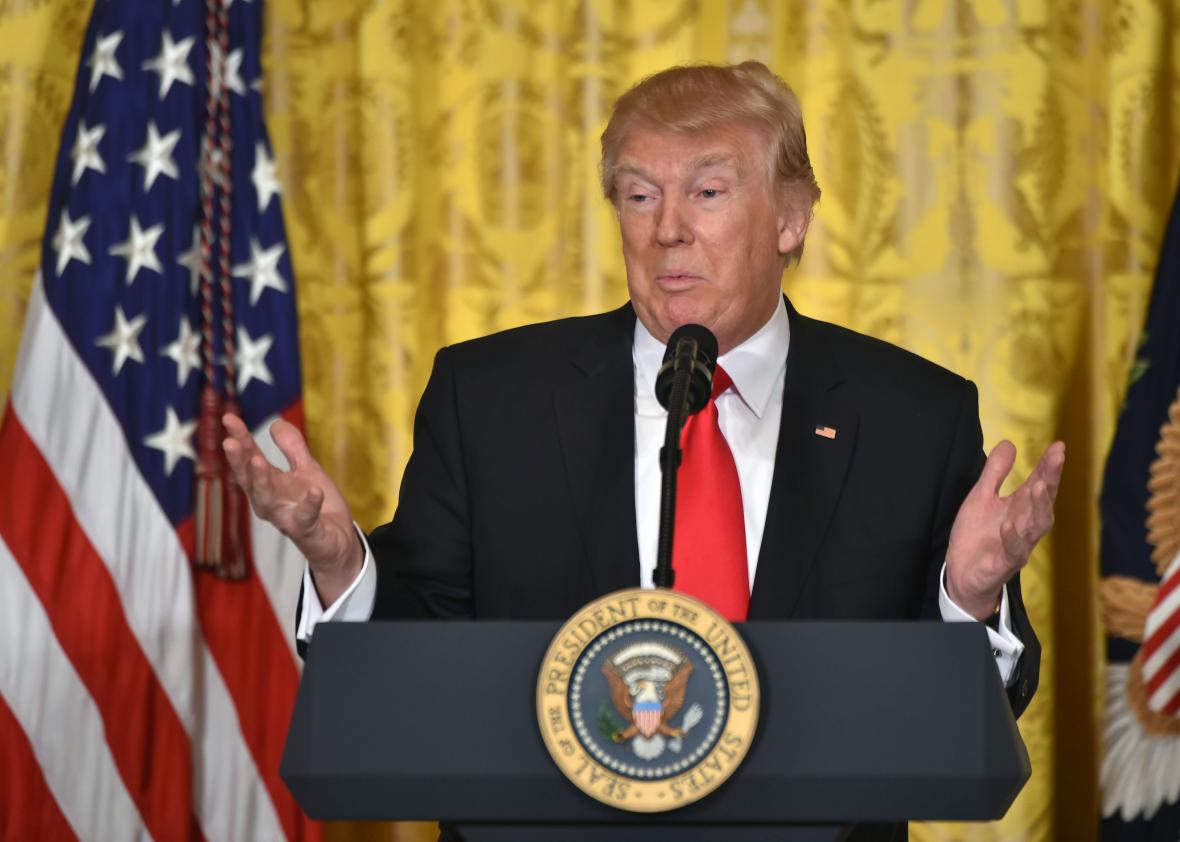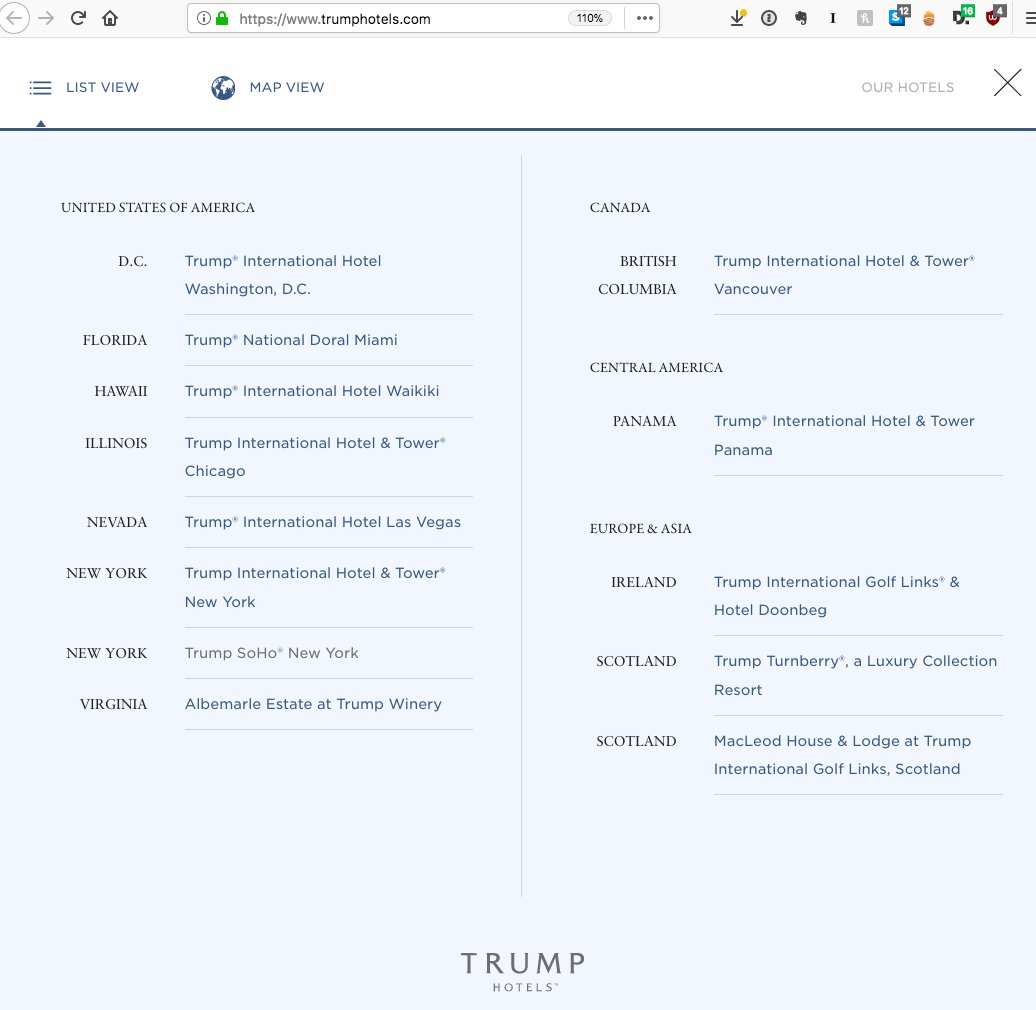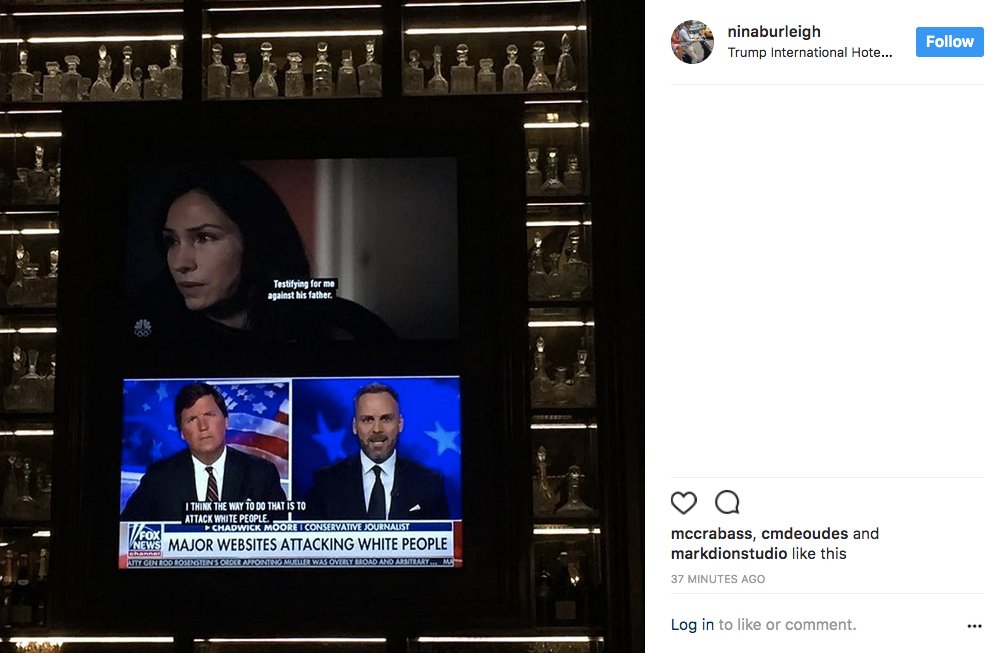5/
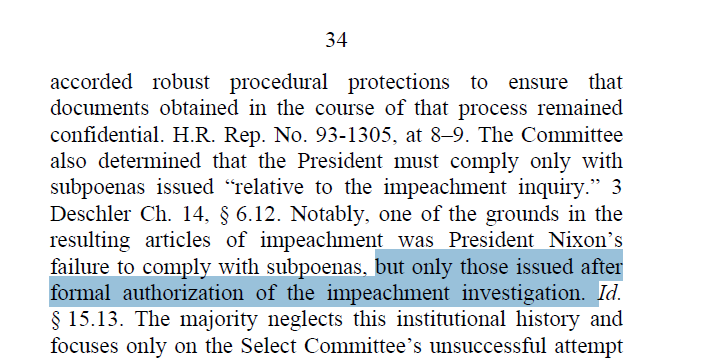
If she were correct here, then the House could not compel by subpoena *any* Senate-confirmed official of the Executive Branch to appear re his/her alleged misconduct – except pursuant to an impeachment investigation.
6/
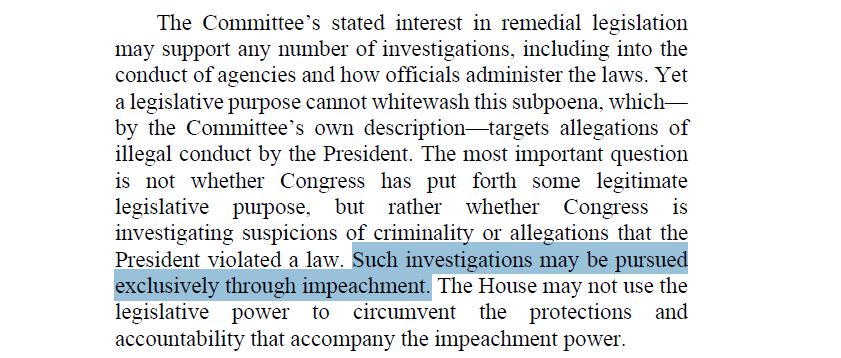
(* – except presumably to appear an an impeachment trial)
7/
8/
10/
12/
13/
15/
16/
17/
18/
Rao in her dissent:
4 cites to Deschler's Precedents
21 cites to Hinds' Precedents of the House
Tatel & Millet in their majority opinion:
0 cites to Deschler's Precedents
0 cites to Hinds' Precedents of the House
19/











